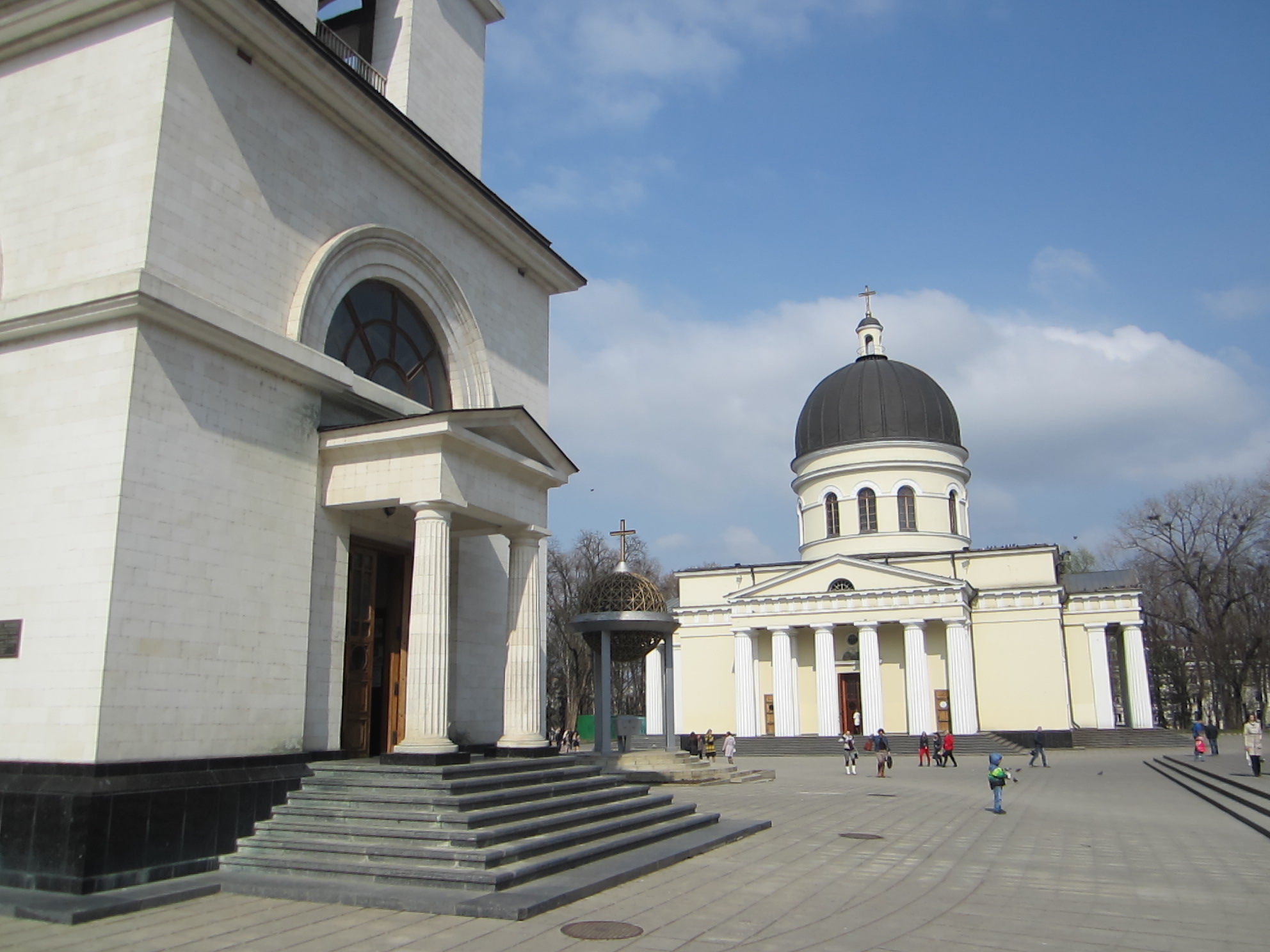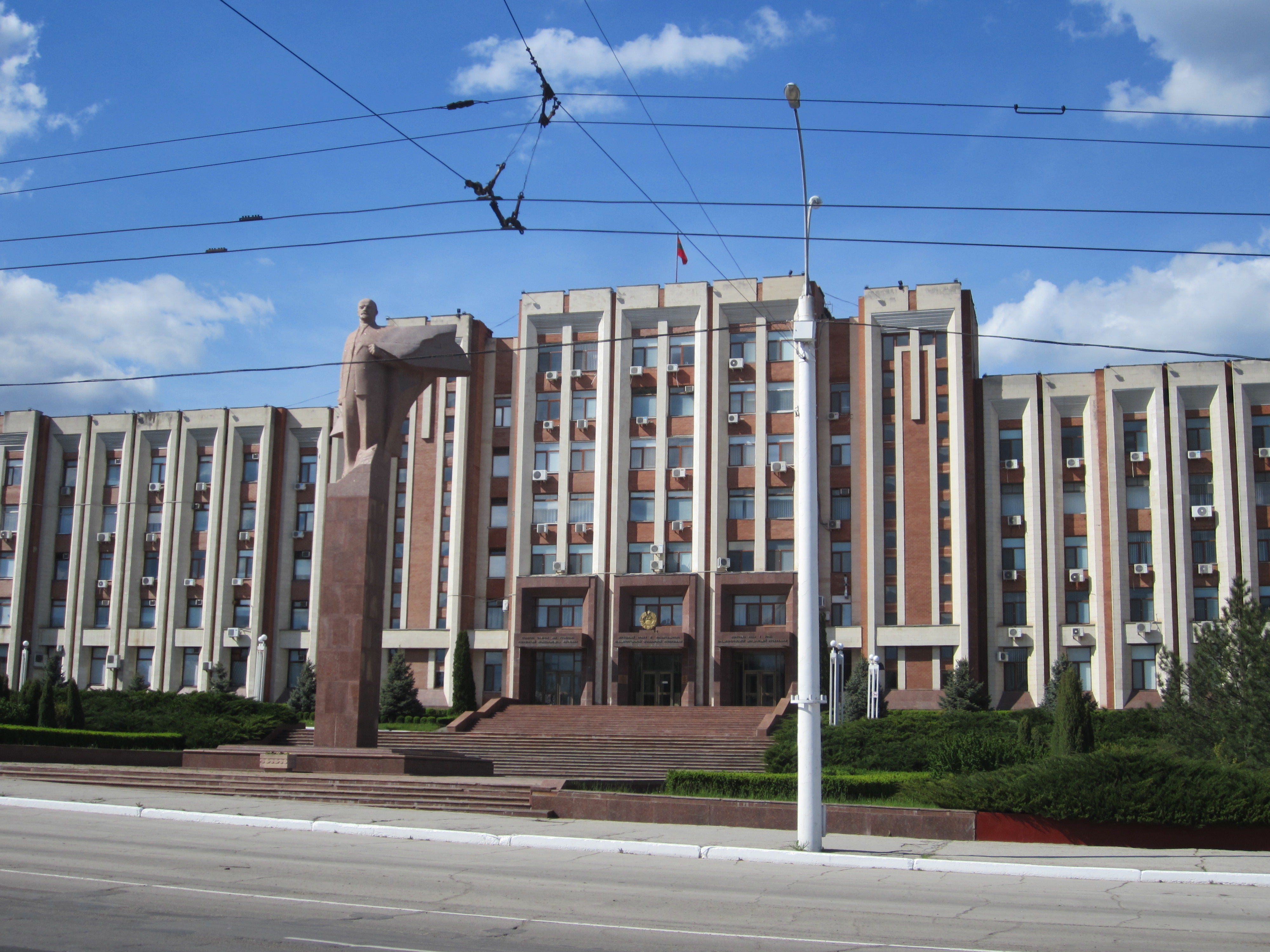Pax et Bellum | Europe
One year on from Maidan, and as violence continues to envelop large swathes of Eastern Ukraine, world leaders and international security experts alike have been busy re-fashioning the old Cold War notions of ‘East’ and ‘West’ and negotiating the seemingly widening gap between them. As the EU and NATO continue to push their buffers eastwards, many former Soviet states in Europe and Central Asia are being forced to align themselves one way or another according to these new rhetorics. This weekend, 4 million Moldovans may find themselves doing just that. As this small pocket in Eastern Europe goes to the polls to decide on a new government, the path chosen could have long-term and far-reaching consequences not only for the direction of the country’s international relations but also for the geopolitics and securitisation of Europe in the years to come.
Moldova, ex-Soviet state and one of the poorest countries in Europe, has been on a path of European integration for several years now. Two landmark deals in 2014 provided symbolic affirmations of progression – first the lifting of travel visa requirements for Moldovan passport holders within the Schengen area in April, and second the EU Association agreement, signed 3 months ahead of schedule in June, ensuring privileged trade relationships with the rest of the European economic zone. Iurie Leanca, Prime Minister and leader of the pro-EU coalition currently in government, stated earlier this year that he wanted Moldova to be part of the EU by 2019.

As (overly) optimistic as this may be, there is very tangible sense that EU membership is an aspiration shared with many of the electorate. This spring, whilst stability unravelled in Ukraine just over the border, the liberalisation of Moldovan visa restrictions was marked by an explosion of EU flags all over the capital of Chisinau and a celebratory outdoor concert in the main square. A month later, Europe Day – a holiday ignored by many more established EU members – provided another excuse to bring out the EU flag bunting and marching bands in loud celebration of an abstract political union that Moldova currently clings onto the coat-tails of. Many undoubtedly view themselves to be irrevocably European, often identifying closely with their Romanian counterparts on the other side of the EU frontier border controls.
However, there are real concerns that this political direction in the past few years may be de-railed when polls open on Sunday. Many are dissatisfied with the current government’s apparent inaction over widespread endemic corruption amongst political and business elites. Pro-Russian parties running in Sunday’s elections continue to point to the EU’s economic failings over the past five years, and instead argue that ties with Russia and its Customs Union would be more profitable for Moldova’s economic wellbeing.
The events of the past year in neighbouring Ukraine have also undoubtedly divided many. Whilst Odessa burned and Crimea was re-drawn onto Russian maps, husbands and wives, brothers and sisters argued as to who was in the ‘right’. Remnants of being a former member of the Soviet Union are also still very much visible in Moldova. Although Romanian is the official language, the use of Russian is equally evident in public life and many families continue to use the latter at home. The old Soviet commemoration of Victory Day is still celebrated with as much fervour as Europe Day.
Finally, there is also of course the issue of Transnistria – the small, de facto independent region on the eastern side of Moldova that wishes to secede to Russia. A frozen conflict for over 20 years now, the de facto Transnistrian government is continually propped up by Russian loans and support, despite lacking official recognition. Speaking earlier this year, Jean-Claude Juncker warned that Russia could easily utilise its ties in Transnistria at any time to de-stabilise Moldova’s path of European integration, much like it did in Ukraine.

It is very much this sense of uncertainty that worry many at the heart of Moldova’s EU aspirations. An unclear outcome to the elections this weekend could easily lead to political strife and instability, similar to that witnessed in 2009-2012. ‘We’re quite good at elections’ is a common joke amongst Moldovans, following the political vacuum that opened when three elections in two years failed to provide a functioning executive and government. There is a worry that a similar situation this time around would benefit the current minority that want guide Moldova’s path eastwards.
Moldova is uniquely trapped between the East and the West, not only geopolitically but also ethno-linguistically, culturally and ideologically. Considering this, it is clear to see why many now see this weekend to be a pivotal crossroads moment for the country. A stable, confident turn to the West would see continued integration-based reform and hopefully, eventually, growth, prosperity, transparency and accountability. Moldova still arguably has a rather long way to go until EU membership is within its grasp, but there is no denying that it is generally on the right path to do so. It is, however, less certain what a sudden, fumbled dart to the East on Sunday could entail. Whatever its subsequent political and economic ramifications, it would needless to say provide a satisfying normative victory for Moscow.
Holly Langham
The blog is run independently of the Department of Peace and Conflict Research in Uppsala. The Pax et Bellum Editorial Board oversees and approves the publication of all posts, but the content reflects the authors’ own perspectives and opinions.

